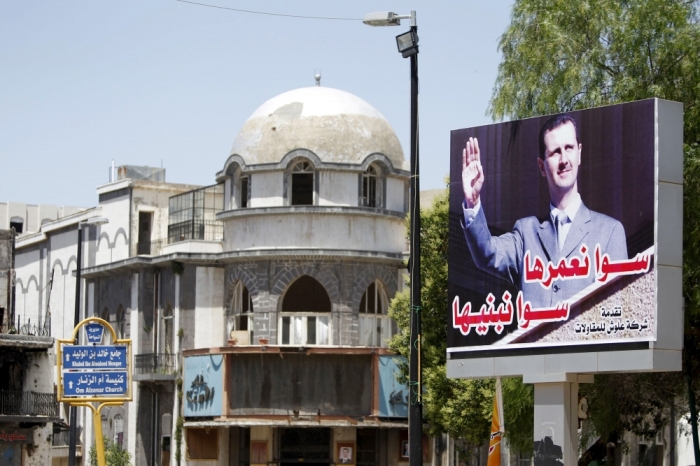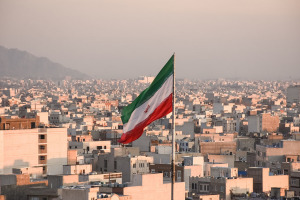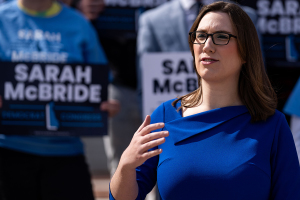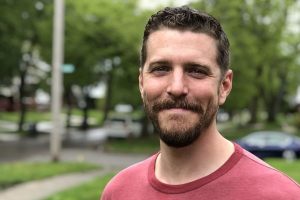5 Things to Know About Syrian President Bashar al-Assad
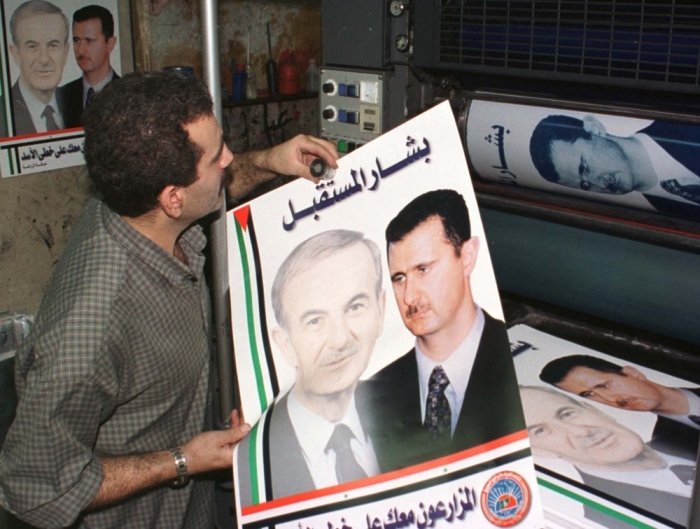
As tens of thousands of refugees flee war-torn Syria to seek asylum in Europe, world leaders are deliberating on what actions, if any, to take against President Bashar al-Assad whose government has killed hundreds of thousands of innocent civilians in barrel bomb and chemical weapons attacks as the country fights a civil war and the Islamic State.
It is estimated that 240,000 people have been killed since the start of the Syrian civil war and millions have been displaced or have fled to neighboring countries and Europe.
Last week, as he has done for years, President Barack Obama announced that Assad must be replaced if Syria is to have a chance at peace and stability.
Assad, however, is now being propped up further with the assistance of Russian President Vladimir Putin, who has declared his intervention necessary for the defeat of IS. Assad has praised Russia in coming to his aid while criticizing the United States for emboldening IS in his country.
While there was initial hope and even commitments from Assad to pursue democratic reforms when he ascended to the presidency in 2000, the country is now the focus of instability and war crimes.
Below are five facts you might not know about the Syrian president.
1. Assad speaks excellent English and did post-graduate studies in ophthalmology in London.
Assad graduated medical school in Damascus where he studied ophthalmology, and in 1992 moved to London for post-graduate work.
Bashar was recalled to Damascus by his father and former Syrian president Hafez al-Assad (1930-2000), following the death of his older brother who was killed in an automobile accident. Bashar al-Assad was then groomed to be his father's successor.
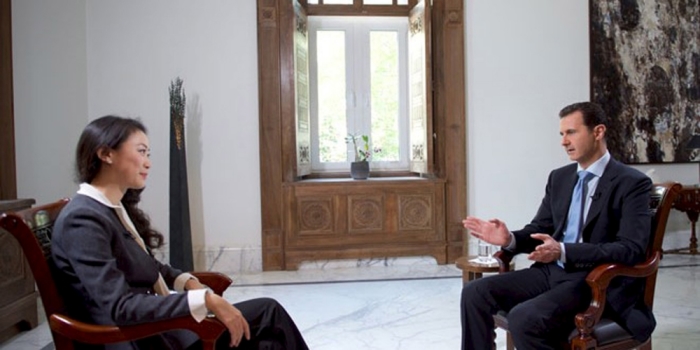
2. His wife, Asma al-Assad, is the daughter of Syrian parents but was born and raised in England.
A graduate of King's College London, Assad's wife majored in computer science and French literature. She even worked for a short time in New York City as an investment banker for J.P. Morgan in New York and Paris. Now a mother, the couple met in London and married in 2000.
3. Assad's net worth is estimated between $550 million and $1.5 billion.
According to CNBC, Assad has amassed immense wealth as president. The average Syrian, however, makes $2,600, annually.
4. Despite his brutal regime, Assad has the support of many Christians within the country.
The reason many Christians in Syria support Assad is because he has vowed to protect them from IS and other jihadists. By Middle Eastern standards, the Assad regime, including his father's tenure as president, have treated Christians fairly.
While some Christians initially saw reforms and pushes for democratization as a good thing, the optimism quickly soured as anti-Assad Islamist factions radicalized.
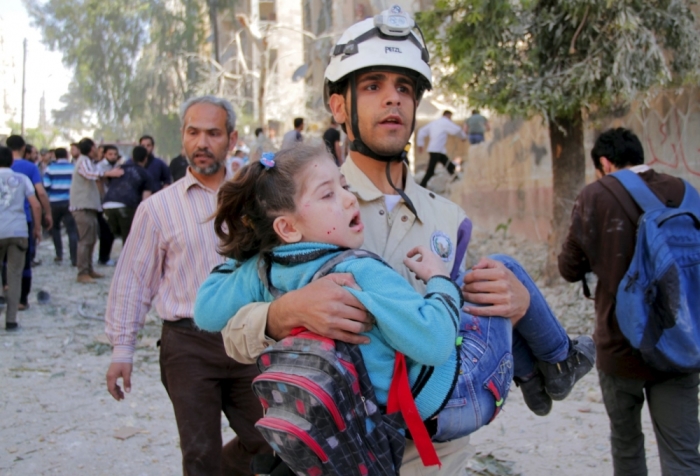
5. EU sanctions prohibit Assad's family, including his wife, from gaining entrance to the European continent.
In March of 2012, the EU restricted the travel of a dozen Assad family members from entering the European continent because of the brutal oppression of political dissenters by his regime. The sanctions include his wife, but she is not barred from traveling to the United Kingdom because of her British nationality.
"With this new listing we are striking at the heart of the Assad clan, sending out a loud and clear message to Assad: He should step down," Dutch Foreign Minister Uri Rosenthal said during a 2012 EU ministers' meeting in Brussels.
